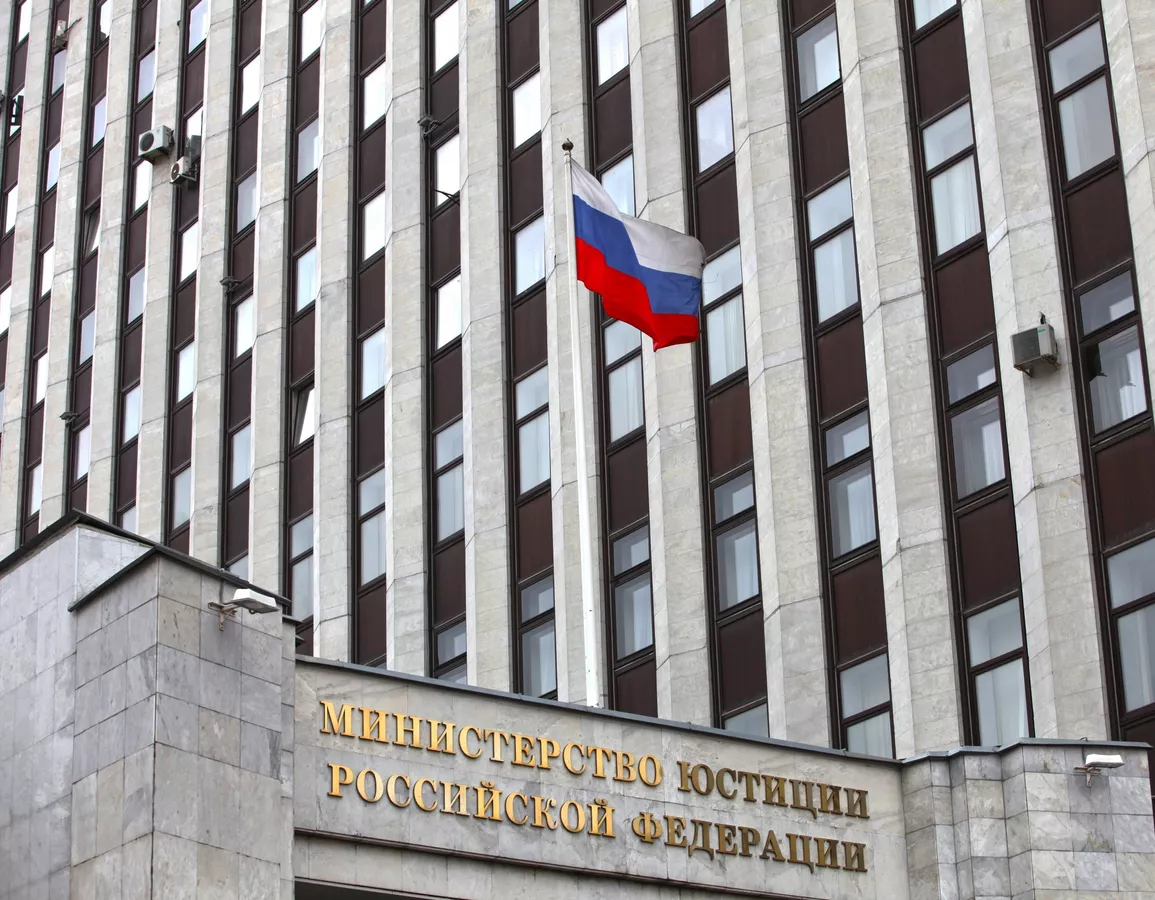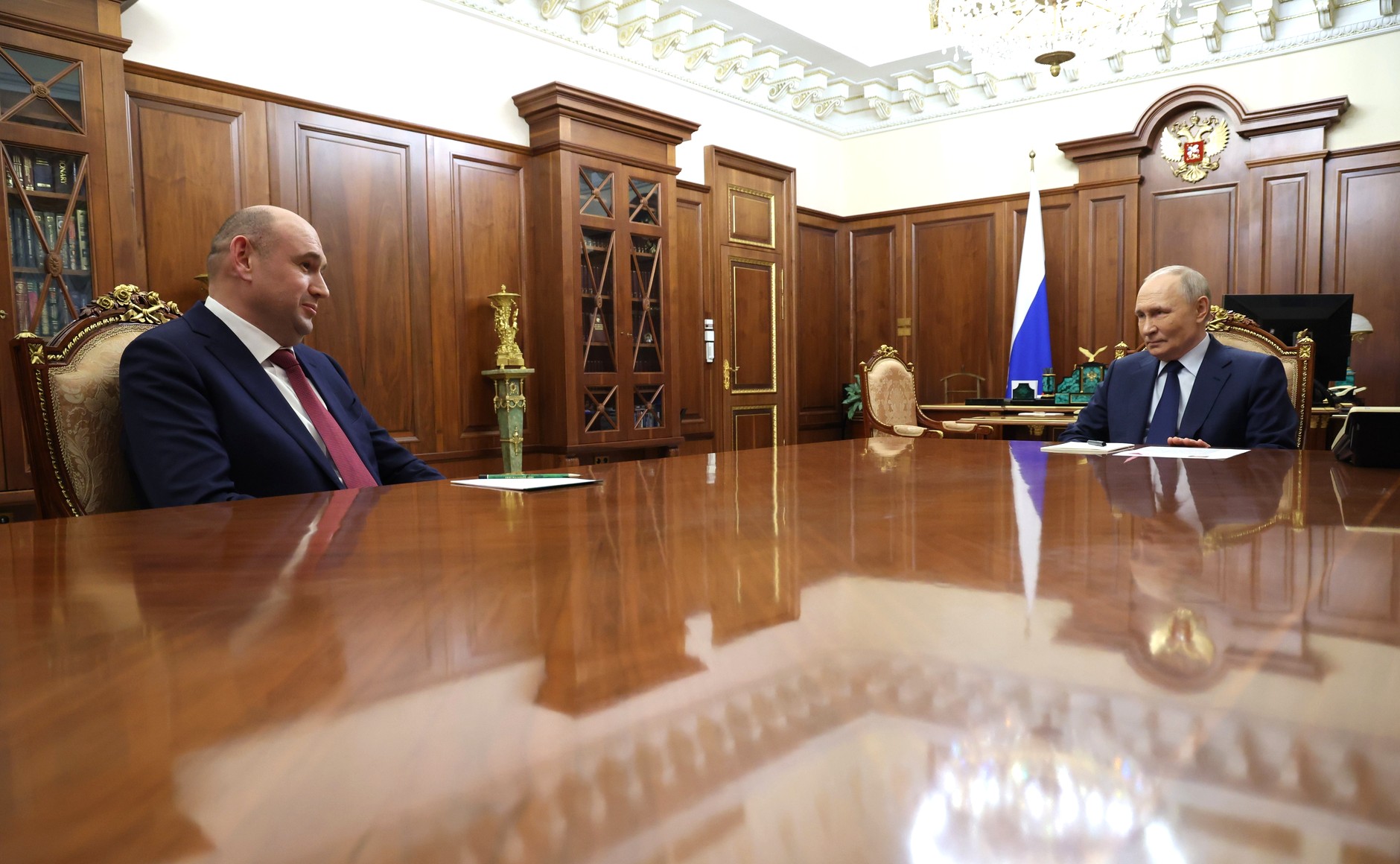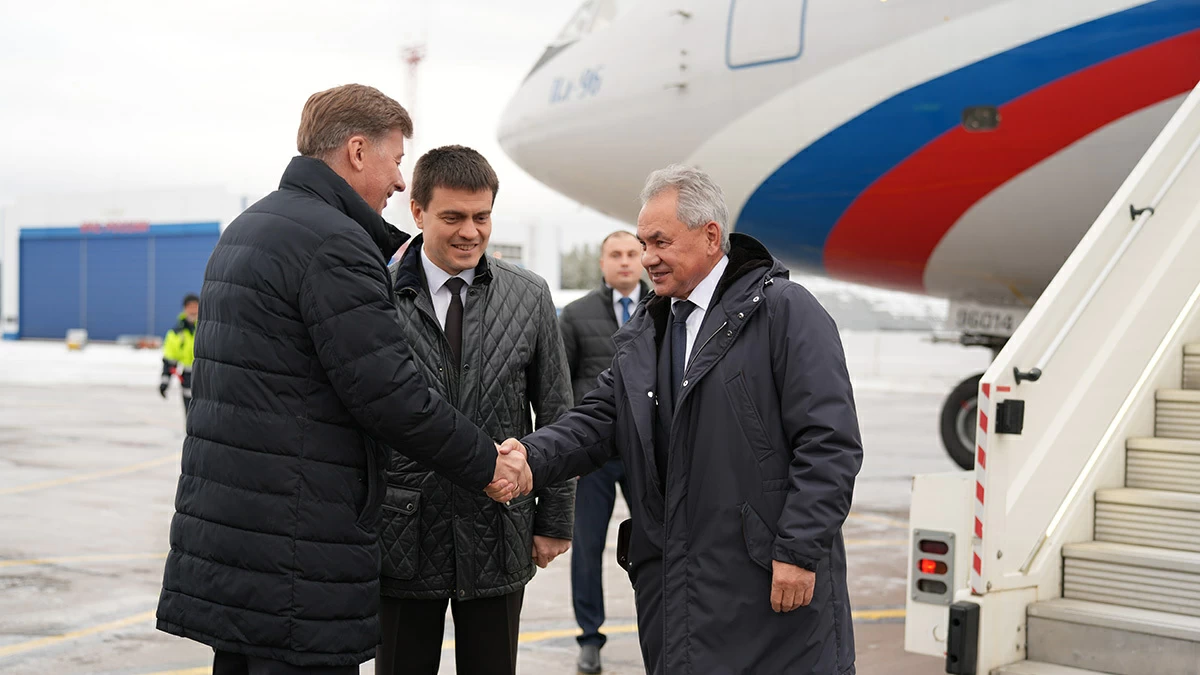
Kremlin Fights Non-Existent Global Movement of ‘Anti-Russian Separatists’
Kremlin Fights Non-Existent Global Movement of ‘Anti-Russian Separatists’
Executive Summary:
- Moscow has proposed legal action to target the “Anti-Russian Separatist Movement,” an organization that, as far as journalists and analysts can deduce, does not exist.
- The proposal would allow the authorities to persecute Russian regionalists more aggressively, including those who are not opposed to federalism but simply demand increased regional, economic, and cultural self-governance.
- The Kremlin has previously used non-existent movements as a tactic to bring legal action against any citizen it considers a threat to its nationalist propaganda.
At the end of April, the Russian Ministry of Justice demanded that a certain “international social movement for the destruction of the multinational unity and territorial integrity of Russia”—termed the “Anti-Russian Separatist Movement”—and all its structural divisions be recognized as an extremist organization. The Supreme Court scheduled a hearing on this claim for June 7 (OVD-info, April 26). The “Anti-Russian Separatist Movement,” however, does not appear to exist. The editors of the independent human rights portal OVD-Info wrote, “As far as we know, such an international movement does not exist in fact” (OVD-Info, April 26). These actions are parallel to Russia’s ban in November 2023 of the also non-existent “International LGBT Social Movement” (Kommersant.ru, November 30, 2023). The Kremlin’s actions indicate a desire to crackdown more heavily on those citizens it deems a threat to its nationalist rhetoric.
The persecution of a non-existent organization could have very real consequences in the form of increased repression against Russian citizens. For example, after the “International LGBT Social Movement” was declared extremist, Russian courts began issuing indictments. According to human rights experts, thousands of people may soon face increased persecution as a result (Human Rights Watch, February 27). Accordingly, a new wave of repression awaiting Russian regionalists specifically can be expected. Many may not even put forward slogans of separation from Russia but simply demand increased regional, economic, and cultural self-governance. Against the background of the Kremlin’s war against Ukraine, such demands are already becoming “extremist” in the eyes of Moscow.
The draft bill calls for a strengthening of Article 280.1 of the Russian Criminal Code, which came into effect on May 9, 2014, the date of Russia’s nationalist-fueled Victory Day holiday. Article 280.1 punishes “public calls for actions aimed at violating the territorial integrity of the Russian Federation” (Region.expert, March 3, 2017; Sudact.ru, accessed May 8). In other words, it does not criminalize violent actions but simply words and rhetoric about possible changes in Russia’s territorial structure. Since then, Russian politicians, academics, and researchers have largely avoided discussing regionalism. Russian courts can now interpret any careless comment or forecast as a “call for separatism,” and the number of denunciations in today’s Russia is growing (Svoboda.org, April 17, 2023). The cynicism of this criminal article lies in the fact that it was introduced after Russia itself violated the territorial integrity of neighboring Ukraine by illegally annexing Crimea. Soon after the article passed, Russian courts opened criminal cases against Crimeans who disagreed with the annexation, accusing them of “separatism” (Sova-center.ru, May 29, 2015).
Over the past ten years, dozens of criminal cases have been initiated under this article in various regions—from the Kaliningrad exclave to the Irkutsk region in eastern Siberia. Both national activists, such as Tatars and Buryats, and ethnic Russians in the Urals have also been persecuted. This is related to the phenomenon of “inside-out federation,” in which the Kremlin tries to forcibly “federalize” Ukraine but destroys any real federative self-government within its own country (see EDM, October 6, 2022).
Notably, in 2020, Bashkir public figure Airat Dilmukhametov was sentenced to nine years in a maximum security prison colony for writing articles that proposed his project for a new treaty federation in Russia (Idelreal.org, August 24, 2020). Such cruel sentences have radicalized the Bashkir national movement, which no longer demands full-fledged federalism but wants to completely break with Moscow (Region.expert, February 27, 2023; Bashqort.org, accessed May 8).
The tightening of this article would mean that any Russian regionalist can be declared an “extremist” by simply tying them to a non-existent “international separatist movement.” Russia’s full-scale invasion of Ukraine has led to the emergence of several anti-imperial regionalist and national movements (see EDM, May 17, 2022, November 29, 2023, January 18). As a result, Russian authorities are seeing an increasing need to crack down on any rhetoric that seems even remotely anti-Moscow (see EDM, August 10, 2022, January 23, February 8, February 27; “Russia’s Rupture and Western Policy,” March 29). The representatives of these regions may meet in various forums, but they do not constitute any single organization. The move to fight against non-existent organizations, however, will undoubtedly lead the outside world to compare the measure to the Stalinist trials of the fictional “Trotskyist fascists” in 1937 (Lib.memo.ru, accessed May 8). Independent lawyers believe that the planned law will dictate that those Russians who express doubts about Russia’s ownership of Crimea and the other occupied Ukrainian oblasts—Luhansk, Donetsk, Zaporizhzhia, and Kherson—could easily face criminal prosecution (Novayagazeta.eu, April 26).
The legal measure’s vagueness is a deliberate strategy to permit the Russian authorities to bring the maximum number of “unreliable citizens” to court (Istories.media, April 26). This is reminiscent of the Ministry of Justice’s ongoing practice of recognizing some citizens and nongovernmental organizations as “foreign agents.” The term, which is used to suppress civic rights in Russia, may be assigned not only to those who receive funding from abroad but even to those who are “under foreign influence,” though there is no clear legal condition(s) for this designation.
Russia continues to operate on baseless, convoluted claims to initiate increased repressions against Moscow’s perceived enemies within the country. Ironically, in annexing the regions of other countries, Russia has deprived itself of internationally recognized borders, and now many in the West, including the European Parliament, do not recognize the legitimacy of its president. Unsurprisingly, this dysfunctional state is struggling with its political ghosts and even conjuring new ones that could inflame public discontent with the Kremlin (Zona.media, April 25).


